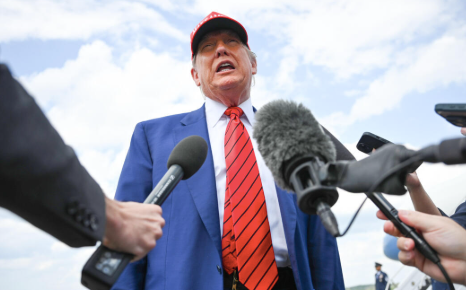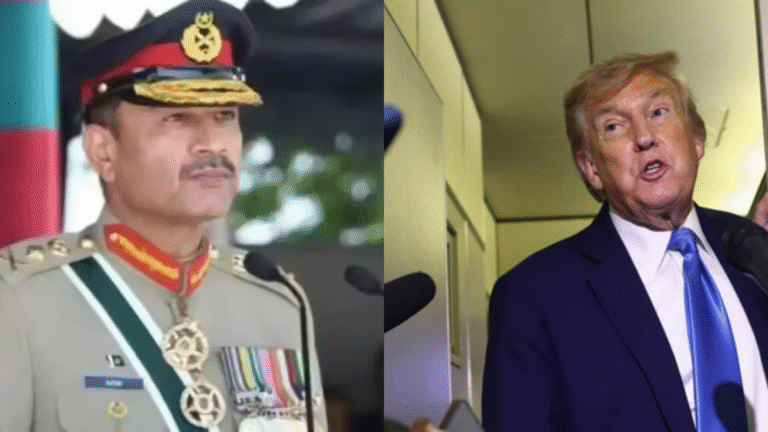
Seoul has expressed deep concern over a recent joint statement by China and Russia that appeared to defend North Korea and omitted any reference to Pyongyang’s illegal nuclear activities. The South Korean Foreign Ministry, in a statement released Friday, urged Beijing and Moscow to take a more responsible approach by persistently pressuring North Korea to return to denuclearization talks.
The statement came in response to a joint declaration by Russian President Vladimir Putin and Chinese President Xi Jinping following their meeting in Moscow on Thursday. The talks, aimed at deepening their strategic partnership, coincided with Xi’s four-day visit to Russia, during which he also attended the annual Victory Day military parade commemorating the 80th anniversary of the end of World War II.
According to Seoul, the joint statement by the two leaders failed to address North Korea’s “unlawful nuclear development provocations,” instead shifting the blame for rising tensions on the Korean Peninsula onto other actors, particularly the United States and its allies. “It appeared to defend North Korea and unfairly shift the blame for escalating tensions,” the South Korean Foreign Ministry noted, referencing a report from Yonhap News Agency.
The China-Russia statement emphasized resolving Korean Peninsula issues exclusively through “political and diplomatic means” and called for the abandonment of “unilateral coercive measures and forceful pressure” on North Korea. Additionally, both sides expressed concerns over the U.S. and its allies’ moves to expand NATO’s influence in the Asia-Pacific region, condemning military alliances that include a nuclear component.
Despite their stance, Beijing and Moscow reaffirmed support for the global non-proliferation regime, describing nuclear non-proliferation as critical to global security. Seoul responded by urging the two powers to “sincerely join the international community’s efforts to achieve the complete denuclearization of North Korea” and uphold the rules-based international order.
The incident underscores deepening divides between regional powers over how to address North Korea’s growing nuclear arsenal, as tensions on the Korean Peninsula remain high. Seoul’s firm response reflects its increasing unease over what it perceives as weakening international resolve in confronting Pyongyang’s provocations.




